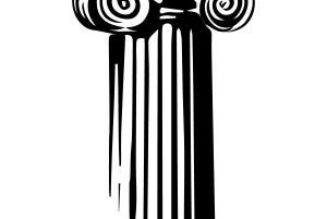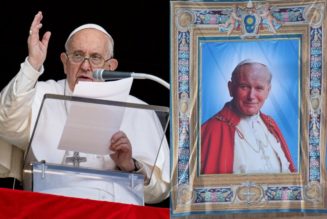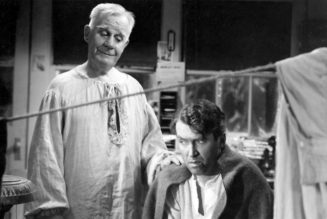By Phil Lawler ( bio – articles – email ) | Apr 30, 2021
Don’t underestimate the importance of this week’s news from Rome. The reforms that Pope Francis announced this week may be among the most significant—and best—moves of his pontificate.
Early this week, in a a pair of essays, I argued that during his eight years in office, Pope Francis had made little if any headway in eliminating the financial corruption that plagues the Holy See. As if in response (although I’m quite sure he did not read those columns), the Pope unleashed two significant reforms, announced yesterday and today.
Today’s announcement—that cardinals and bishops may be required to face charges before the Vatican’s criminal tribunals—was certainly significant. But the previous day’s news was a veritable blockbuster.
The motu proprio that the Pope released on Thursday, setting tough financial-disclosure standards for Vatican officials, is a huge step toward changing a venal culture in the Roman Curia. But the key feature of the change has not drawn enough attention.
Yes, the motu proprio requires Vatican officials to disclose a good deal of information about their own financial holdings. That’s useful; transparency is always a good way to bolster (or in this case to restore) public confidence. But the disclosures are not the game-changing part of the new policy. The real impact came toward the end of the document, when the Pope decreed that Vatican officials could not accept “gifts, presents, or other benefits of a value greater than €40.”
That policy—if it is rigorously enforced—will change the way the Vatican operates.
Over the years it has become commonplace for visiting prelates to bring gifts when they meet with officials of the Roman Curia. Remember the case of Bishop Michael Bransfield, whose large cash gifts to senior prelates apparently distracted their attention from his lavish spending on his own comfort? Or recall how former Cardinal Ted McCarrick worked his why up the ladder, aided by his uncanny ability to raise money and bring it to Rome. Cash gifts, given by one bishop to another, are regarded as routine.
It is not a healthy thing for Vatican officials to expect that every visitor, every supplicant, will come into his office with something more than a petition in his hands. The likelihood of obtaining a favorable judgment from a curial office should not depend on one’s ability to offer an attractive gift; in fact the gift should play no part at all in the dicastery’s decision. But human nature is vulnerable. Not every gift is a bribe, of course, or even a bid to influence the official. But sometimes the difference is not clear, and that is an invitation to corruption.
Since the goal of the papal reforms is to eliminate corruption, every measure that cuts down on the opportunities for corruption represents progress. This ban on valuable gifts is a major stride in the right direction.
Now, however, the question is whether the policy will be enforced: not just the letter of the law, but the intent. Will a Vatican official still be allowed to accept donations to his “personal charity” or to an institution that he sponsors? If so, that loophole may be large enough to defeat the purpose of the reform.
Sound Off! CatholicCulture.org supporters weigh in.
All comments are moderated. To lighten our editing burden, only current donors are allowed to Sound Off. If you are a current donor, log in to see the comment form; otherwise please support our work, and Sound Off!

Join Our Telegram Group : Salvation & Prosperity











